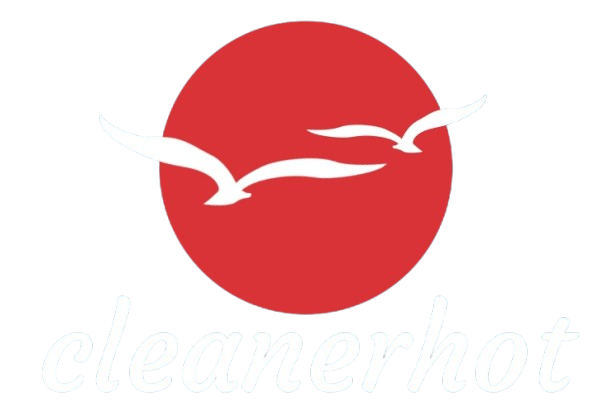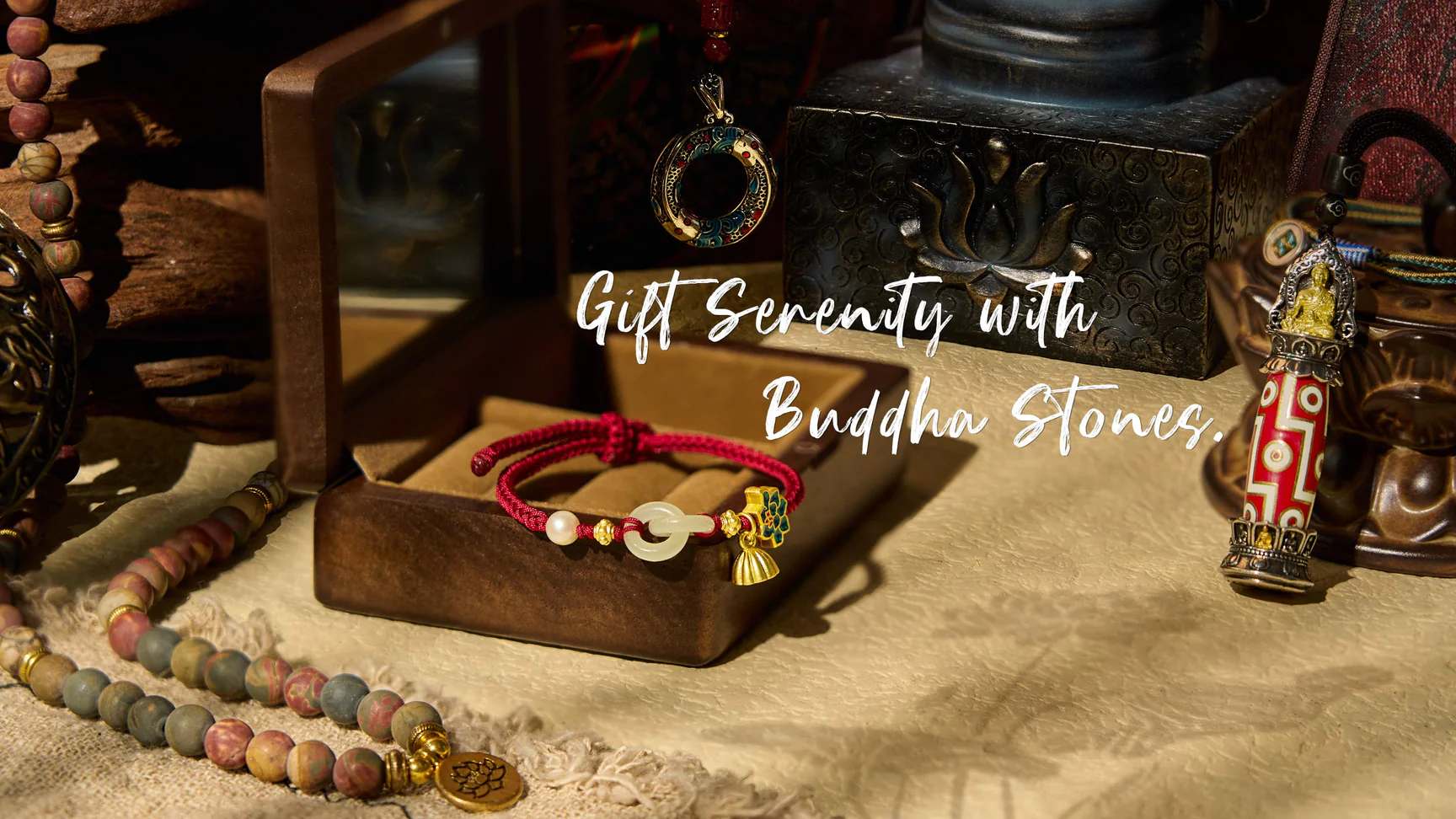In the wake of widespread racial justice movements, especially following George Floyd’s murder in 2020, conversations about whiteness and its historical legacy have become more common. Yet, for many white people, the history of settler colonialism and systemic oppression remains shrouded in silence, denial, or discomfort. We are often taught to avoid these discussions altogether—as if revisiting these painful truths is unnecessary, unproductive, or even rude.
But the reality is stark: our collective amnesia is part of the trauma itself.
The Journey Into Ancestral Truth
For author Hilary Giolvale, this awakening began unexpectedly on New Year’s Eve 2015. Learning about her family’s entanglement with settler colonialism shattered the identity she thought she had. When she shared her discoveries, the reaction was a wall of blank stares and swift topic changes, accompanied by reassurances like “That was so long ago” or “You shouldn’t feel guilty about that.”
These responses left her isolated—her truth unacknowledged, her questions unanswered.
But what Hilary realized over time was crucial: guilt alone does not bring healing. The trap of “white guilt” can immobilize, creating shame without forward motion. True transformation begins when guilt evolves into accountability—when discomfort becomes a catalyst for tangible change.
Why Is This Work So Hard?
The cultural narratives ingrained in Euro-American societies often protect a mythology of innocence—stories that celebrate heroic pioneering and overlook the realities of violence, dispossession, and exploitation. These comforting myths suppress the messy, uncomfortable truths about colonialism, slavery, and systemic racism.
It is no surprise, then, that confronting these truths feels like breaking an ancestral silence. Our European ancestors carried their own traumas—disease, dislocation, brutality—when they arrived in what Indigenous peoples call Turtle Island. The establishment of dominance over native civilizations did not heal their wounds. Instead, it created a cycle of suffering that continues to haunt descendants today.
Louise Dunlap, a Euro-descended elder, calls this inherited trauma a “nightmarish, button-your-lips suffering” that distorts minds and hearts, severing compassion and fueling cruelty. This legacy hides in plain sight beneath polite denial and cultural amnesia.
Amnesia as a Coping Mechanism
Denial and forgetting may be the path of least resistance, but they come at a great cost. When we choose silence over truth, we perpetuate harm. We remain trapped in cycles of grief, guilt, and shame without release or repair.
Hilary suggests that acknowledging these buried wounds—the “tears” of our ancestors—could be the very balm that begins healing. By embracing the full, raw history with courage and humility, white people can begin to unravel the patterns of silence that keep us disconnected from one another and from justice.
This process isn’t neat or easy. It involves embracing discomfort, listening without defensiveness, and taking concrete steps toward repairing harm. It calls us to become “good relatives” to each other and to the land—recognizing our roles in a shared history and collective future.
What Lies Beyond Guilt?
If we dare to ask, “Who are we beneath the denial, guilt, and shame?” we might discover a new identity—not one burdened by the sins of the past, but one committed to truth, healing, and repair.
Moving beyond guilt toward accountability means:
- Acknowledging the ongoing impacts of colonialism and racism in institutions and daily life.
- Listening deeply to Indigenous, Black, and other marginalized voices without centering our discomfort.
- Taking intentional action to support justice and equity in tangible ways.
- Educating ourselves and others with honesty and compassion.
- Allowing ancestral trauma to surface and transform us rather than being buried.
This is lifelong work—complex, painful, and essential. It requires community, humility, and courage. But it also holds the promise of profound healing—not only for those harmed but also for those who carry the legacy of harm.
Toward a Future of Healing and Repair
The challenge laid before white settlers today is not simply to apologize or feel guilty but to become good relatives—to reckon honestly with history and to walk a path of repair grounded in truth and accountability.
Our ancestors’ legacy is not destiny. It can be a foundation from which new relationships of justice and care grow. If we can embrace this difficult work, the question is: who will we become on the other side of this journey?
The answer depends on our willingness to face the shadows and to transform them into light.
This article draws from Hilary Giolvale’s work in Becoming a Good Relative: Calling White Settlers Toward Truth, Healing, and Repair (Green Writers Press, 2024). Giolvale is a mother, writer, and community organizer based in Flagstaff, Arizona, dedicated to following Indigenous and Black leadership in support of human rights and environmental justice.



